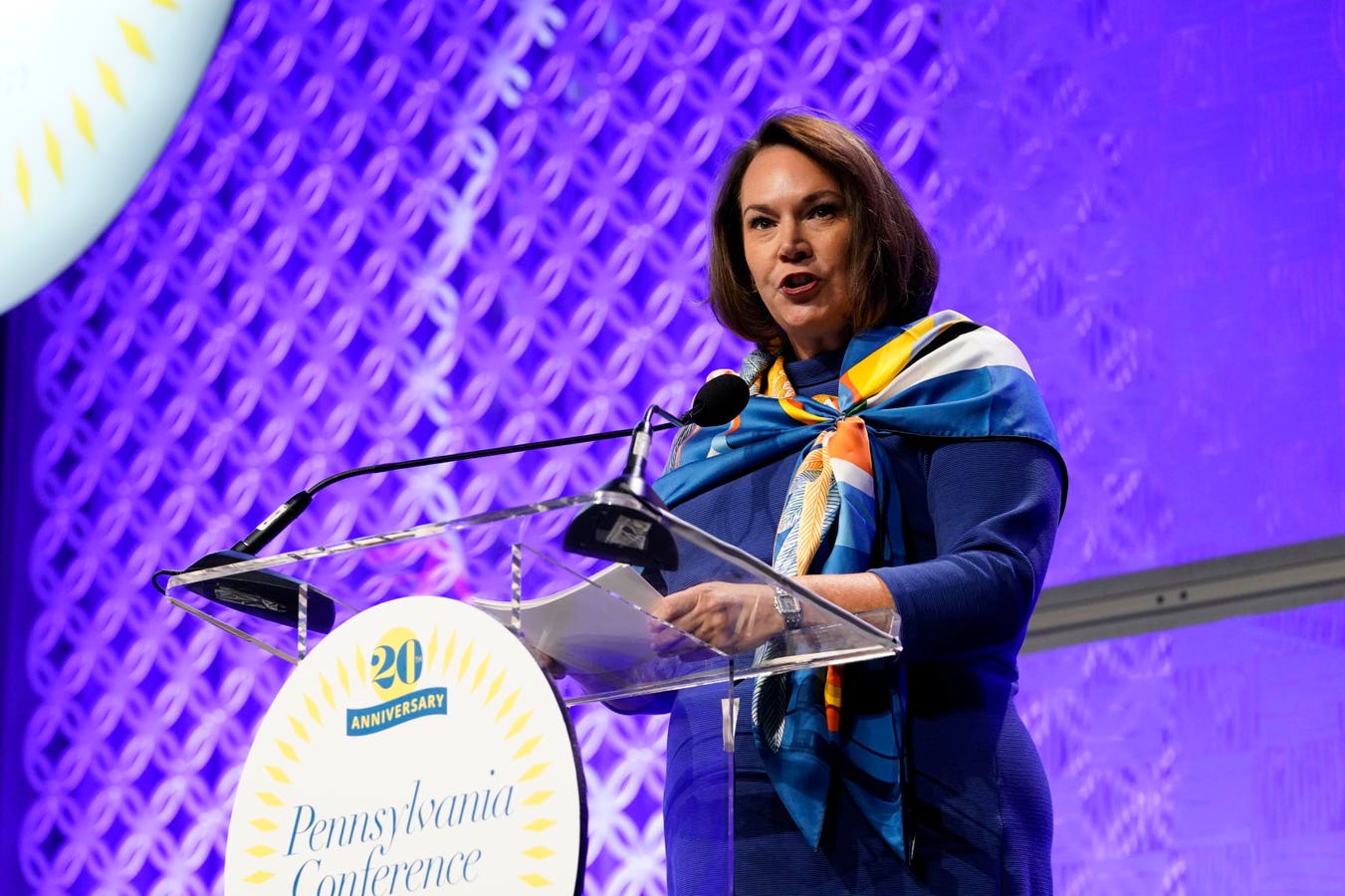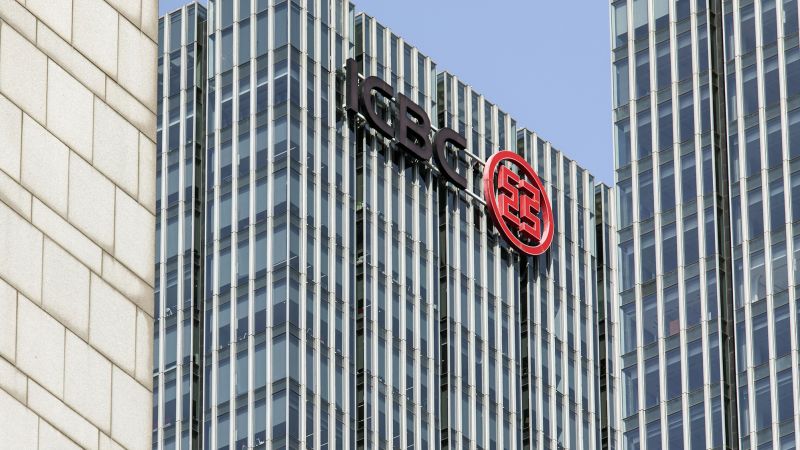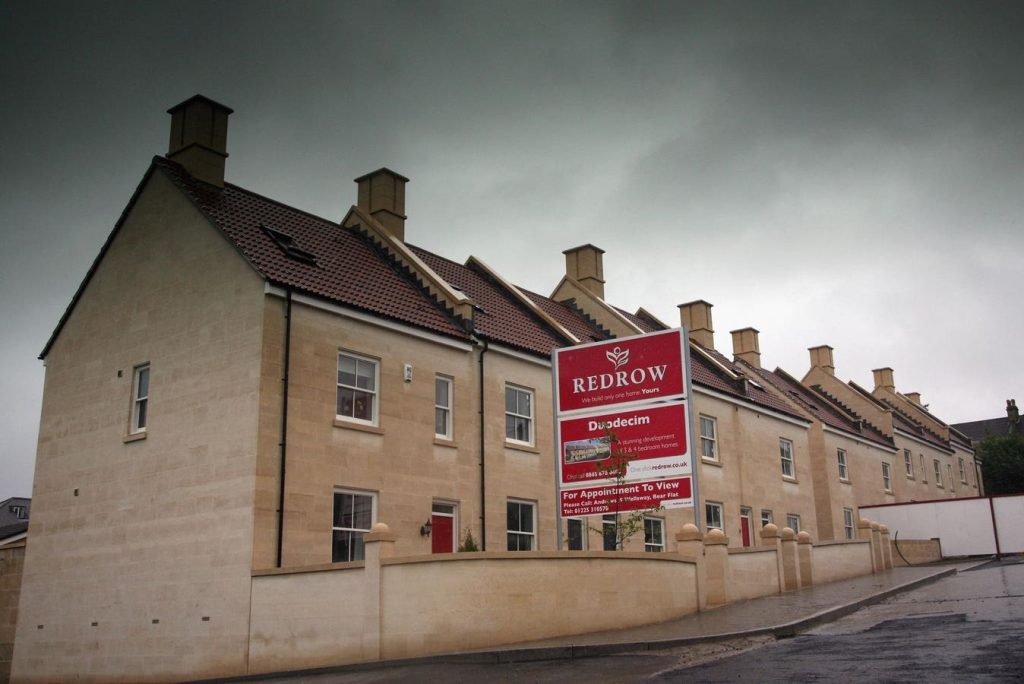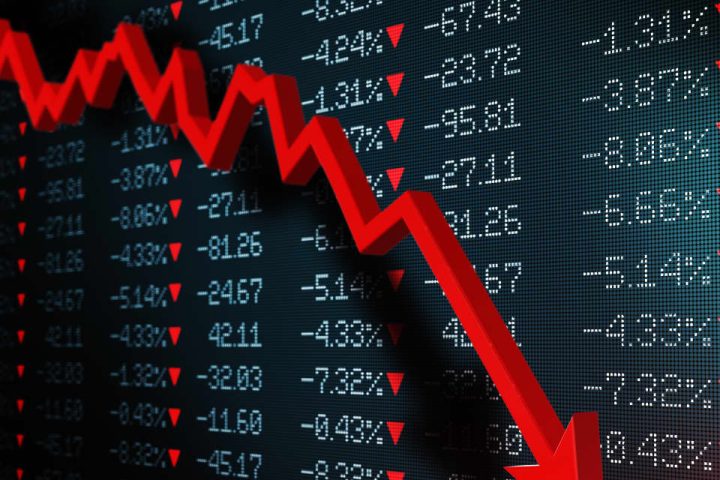Bristol Myers Squibb
BMY
BMY stock has seen a decline of 15% from levels of $60 in early January 2021 to around $50 now, vs. an increase of about 15% for the S&P 500 over this roughly 3-year period. However, the decrease in BMY stock has been far from consistent. Returns for the stock were 1% in 2021, 15% in 2022, and -27% in 2023. In comparison, returns for the S&P 500 have been 27% in 2021, -19% in 2022, and 14% in 2023 – indicating that BMY underperformed the S&P in 2021 and 2023.
In fact, consistently beating the S&P 500 – in good times and bad – has been difficult over recent years for individual stocks; for heavyweights in the Health Care sector, including LLY, UNH, and JNJ, and even for the megacap stars GOOG, TSLA, and MSFT.
In contrast, the Trefis High Quality Portfolio, with a collection of 30 stocks, has outperformed the S&P 500 each year over the same period. Why is that? As a group, HQ Portfolio stocks provided better returns with less risk versus the benchmark index, less of a roller-coaster ride, as evident in HQ Portfolio performance metrics.
Given the current uncertain macroeconomic environment with high oil prices and elevated interest rates, could BMY face a similar situation as it did in 2021 and 2023 and underperform the S&P over the next 12 months – or will it see a recovery? From a valuation perspective, BMY stock looks undervalued. We estimate Bristol Myers Squibb’s Valuation to be $77 per share, reflecting over 45% upside from its current levels of $52. Our forecast is based on a 10x P/E multiple for BMY and expected earnings of $7.50 on a per-share and adjusted basis for the full year 2023. The 10x P/E ratio aligns with the stock’s last five-year average. The company narrowed its earnings outlook to be in the range of $7.50 and $7.65 (versus the $7.35 and $7.65 range earlier).
Bristol Myers Squibb’s revenue of $11.0 billion in Q3 was down 2% y-o-y, primarily due to lower sales of Revlimid. The company has seen market share gains for some of its drugs, including its anticoagulant – Eliquis – and its oncology drug – Opdivo. However, the company now faces biosimilar competition for its top-selling drug – Revlimid – which saw its sales fall 41% y-o-y to $1.4 billion in Q3’23. The company expects the drug to garner only $5.5 billion in 2023, compared to the $10.0 billion it garnered in 2022.
Bristol Myers Squibb’s adjusted earnings of $4.1 billion in Q3’23 reflected a 3% fall from its $4.3 billion profit figure in the prior-year quarter. This can be attributed to lower revenues and a 250 bps fall in gross margin due to product mix. However, adjusted EPS of $2.00 was one cent higher than the prior-year quarter figure due to a 4% fall in shares outstanding amid share repurchases of $5.2 billion this year.
BMY stock is trading at a little under 7x its 2023 expected earnings of $7.50 per share, compared to its last five-year average of 10x. Investors have assigned a lower valuation multiple owing to falling Revlimid sales. However, the company has new drugs, including Reblozyl, Opdualag, and Zeposia, which will likely offset some of the decline from Revlimid. The company’s management stated that its new drug portfolio should garner about $3.5 billion this year.
Furthermore, the company last month agreed to acquire Mirati Therapeutics for $5.8 billion. [1] This would help Bristol Myers Squibb expand its oncology portfolio with Mirati’s lung cancer treatment – Krazati – already approved by the U.S. FDA with a peak sales potential of $1.5 billion and more drugs in the pipeline. Overall, the gap in the valuation multiple from its historical average looks stretched, and we believe that investors will likely be better off picking BMY for solid long-term gains.
While BMY stock looks undervalued, it is helpful to see how Bristol Myers Squibb’s Peers fare on metrics that matter. You will find other valuable comparisons for companies across industries at Peer Comparisons.
Invest with Trefis Market Beating Portfolios
See all Trefis Price Estimates
Read the full article here







